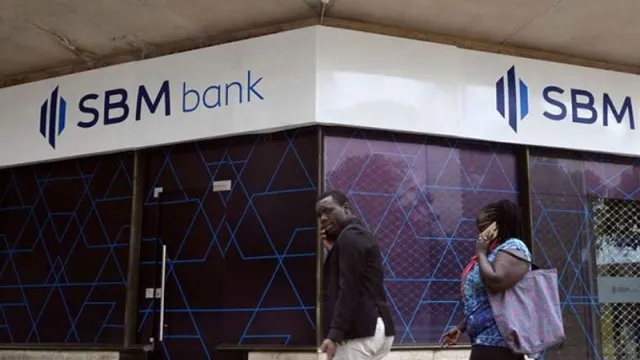Chase Bank ghosts now haunt successor SBM

Chase Bank ghosts now haunt successor SBM
The Ghost of Chase Bank which collapsed four years ago is haunting the State Bank of Mauritius (SBM) which inherited the failed bank’s customers.
SBM has taken a Sh10 billion loan from the Central Bank of Kenya (CBK) indicating they have tapped into the liquidity support used to keep struggling banks alive by injecting emergency funds to keep the banks awash with cash.
Read also:
- Are banks using the pandemic to clean their bad books?
- Kenyans who earned Sh 50 billion from shilling weakness are now cashing in
The liquidity support was introduced in April 2016 following the collapse of Dubai Bank, Imperial Bank and Chase Bank within months of each other.
SBM recorded an 83 per cent drop in after-tax profits during the first six months of the year to Sh98 million down from Sh585 million during a similar period in 2019.
The significant dip in earnings was attributable to increased loan loss provisioning which soared by over 15 times from Sh23 million in 2019 to Sh356 million
Moreover, the bank’s asset quality worsened in the period as 70 per cent of the lender’s outstanding loans were defaulted.
Sh16 billion out of a total loan book of Sh22.6 billion are dud loans. SBM made an entry into the Kenyan market by acquiring Fidelity Bank for 100 shillings.
The deal raised eyebrows from various quarters with Fidelity having been linked to opaque deals at Imperial Bank, now in receivership.
The Mauritian lender then incorporated Chase Bank operations in its books taking only ‘the good borrowers’ together with the 1,300 Chase Bank employees, in about 62 branches for only Sh471,335 as cash consideration.
Inheriting Sh69.59 billion assets and Sh66.68 billion liabilities of Chase Bank, enabled SBM to consolidate its banking business in the Kenyan market to become a strong tier-II bank with increased market share.
But while the banks may have come cheaply and helped solve a mutual crisis of bank collapses in Kenya, SBM and CBK are now tied to the fate of the ghosts of the two banks and their delicate survival especially in the face of the coronavirus crisis.



